Introduction: A Dramatic Shift in Public Opinion
The political winds surrounding TikTok in America have shifted dramatically in just one year. What began as a near-consensus for banning the popular video-sharing app has transformed into growing skepticism about government intervention. According to a comprehensive new study from the respected Pew Research Center, American support for banning TikTok has plummeted from 50% in 2023 to just 34% today – a stunning 16-point drop that cuts across all demographic and political lines.
This erosion of support comes at a critical moment in TikTok’s ongoing legal and political battles in the United States. Despite bipartisan legislation passed last April that would force Chinese parent company ByteDance to divest the app or face a ban, the practical and legal hurdles to actually implementing such a ban have become increasingly apparent. The Pew study provides compelling evidence that as Americans have had more time to consider the implications of banning an app used by 170 million Americans, their enthusiasm for such drastic measures has waned significantly.
Deep Dive: The Numbers Behind the Shift
The Pew Research Center’s methodology provides a robust look at how American attitudes have evolved. Their survey of 5,000+ U.S. adults conducted in early 2024 reveals several key findings:
The Overall Trend
- 2023 Support: 50% favored banning TikTok
- 2024 Support: Only 34% still support a ban
- Opposition has nearly doubled from 22% to 32%
Political Breakdown Shows Surprising Bipartisan Shift
- Republicans/Right-Leaning: Support dropped from 60% to 30%
- Democrats/Left-Leaning: Fell from 43% to 30%
- Independents showed similar declines
The User/Non-User Divide
Perhaps most telling is the stark contrast between those who use TikTok and those who don’t:
- TikTok Users: Only 12% support banning an app they use daily
- Non-Users: 45% still favor banning the platform
- This 33-point gap suggests personal experience with the app dramatically changes perspectives
Understanding the Reasons Behind the Shift
Several interlocking factors help explain this dramatic change in public sentiment:
1. The “Familiarity Effect”
As TikTok’s user base has grown to include nearly half of all Americans, more people have direct experience with the platform. What once seemed like a foreign threat now feels like a familiar entertainment and communication tool.
2. Political Recalculations
The political landscape around TikTok has become increasingly complex:
- Former President Trump has reversed his position, now calling a ban a “gift to Facebook”
- Some progressive Democrats have raised free speech concerns
- Younger voters in both parties overwhelmingly oppose restrictions
Read Also: DJ Cuppy Expresses Hope for Nigeria’s First Female President and VP
3. Practical Realities Set In
Americans are increasingly aware of:
- The difficulty of actually banning an app (as seen in Montana’s failed attempt)
- The potential economic impact on creators and small businesses
- Questions about whether a ban would actually improve data security
4. Legal Challenges Mount
Multiple court rulings have:
- Blocked previous state-level bans
- Raised serious First Amendment concerns
- Created uncertainty about the federal ban’s viability
The Current State of Play: Where the Ban Stands Now
Despite shifting public opinion, the legislative and legal battle continues:
Legislative Timeline
- April 2024: President Biden signs the “Protecting Americans from Foreign Adversary Controlled Applications Act”
- January 2025 Deadline: ByteDance originally given until January 19 to divest
- January 2025: Brief 12-hour shutdown before President Trump extends deadline to April 19
The Sale Dilemma
Potential U.S. buyers have emerged including:
- Oracle (which already hosts U.S. TikTok data)
- Microsoft (previously attempted purchase in 2020)
- Perplexity AI (emerging AI company)
However, significant obstacles remain:
- ByteDance shows no willingness to sell
- Chinese government export controls complicate any forced sale
- Estimated $100B+ valuation makes financing challenging
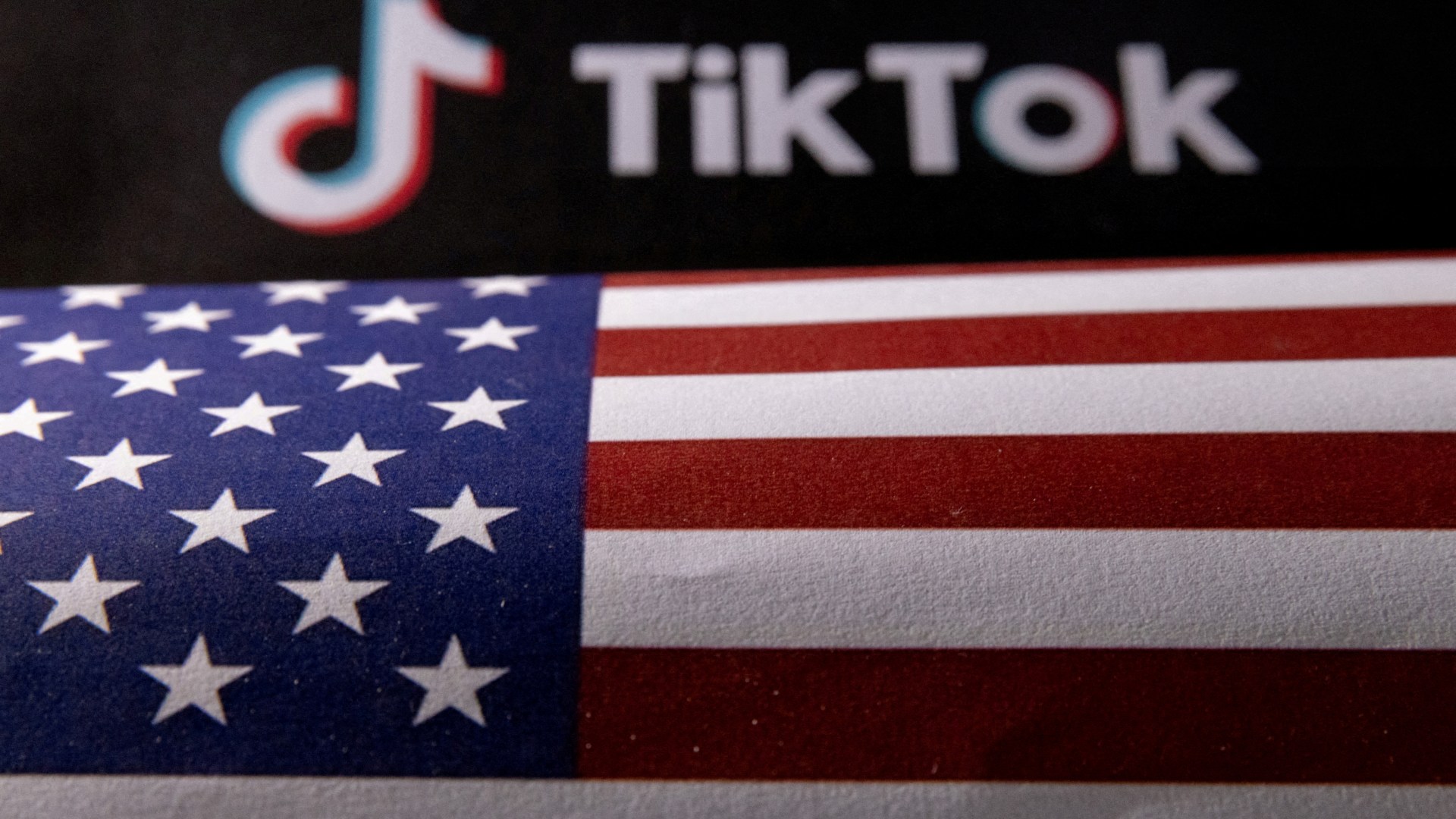
Legal Battles Loom
Key upcoming legal milestones:
- Multiple constitutional challenges working through courts
- Supreme Court may ultimately need to weigh in
- April 19 deadline could trigger new legal fights
The Broader Implications
This debate touches on fundamental questions about:
- National Security vs. Free Expression
- Government’s Role in regulating technology
- Global Internet Governance in an age of geopolitical tension
The outcome could set precedents affecting:
- Future attempts to regulate social media
- U.S.-China tech decoupling
- The global app ecosystem
What Comes Next?
Several critical developments to watch for:
- April 19 Deadline: Will TikTok actually shut down if no sale occurs?
- Legal Rulings: Will courts block enforcement of the ban?
- Election Impact: How will this issue play in the 2024 campaign?
- Industry Response: Will other tech companies benefit from TikTok’s troubles?
Conclusion: A Debate That’s Far From Over
The Pew study reveals an American public that is increasingly skeptical of banning TikTok, even as politicians continue pushing forward. This growing gap between elite consensus and public opinion mirrors similar divides on other tech policy issues.
As the legal and political battles continue to unfold, one thing is clear: The TikTok debate has evolved from a simple question about Chinese ownership to a complex examination of free speech, national security, and the appropriate role of government in regulating digital platforms. With millions of American users, creators, and businesses invested in the platform’s future, the ultimate resolution of this conflict may shape the internet landscape for years to come.






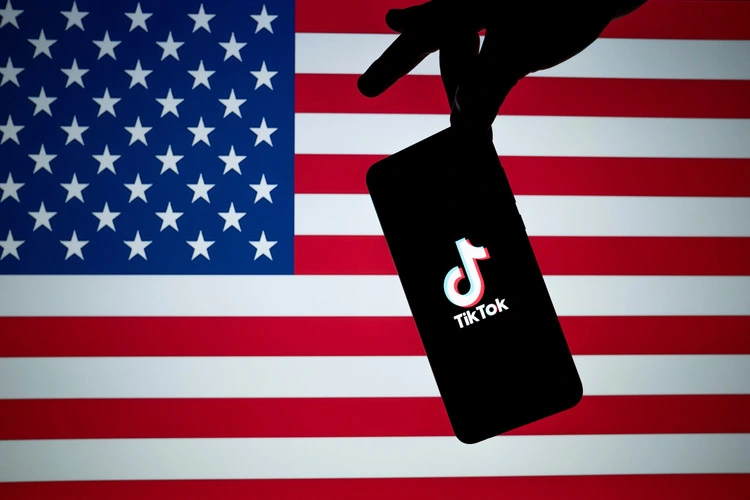





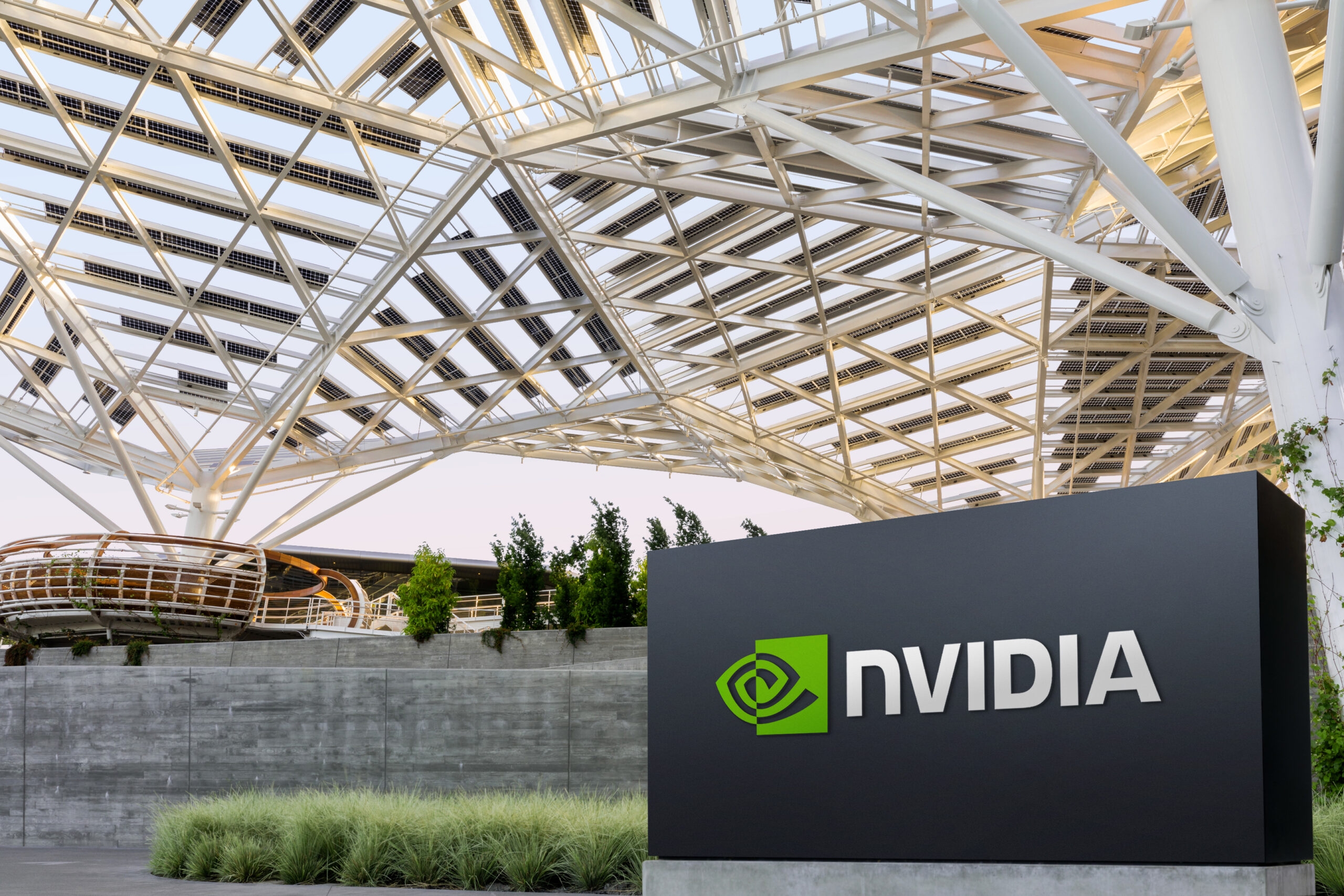
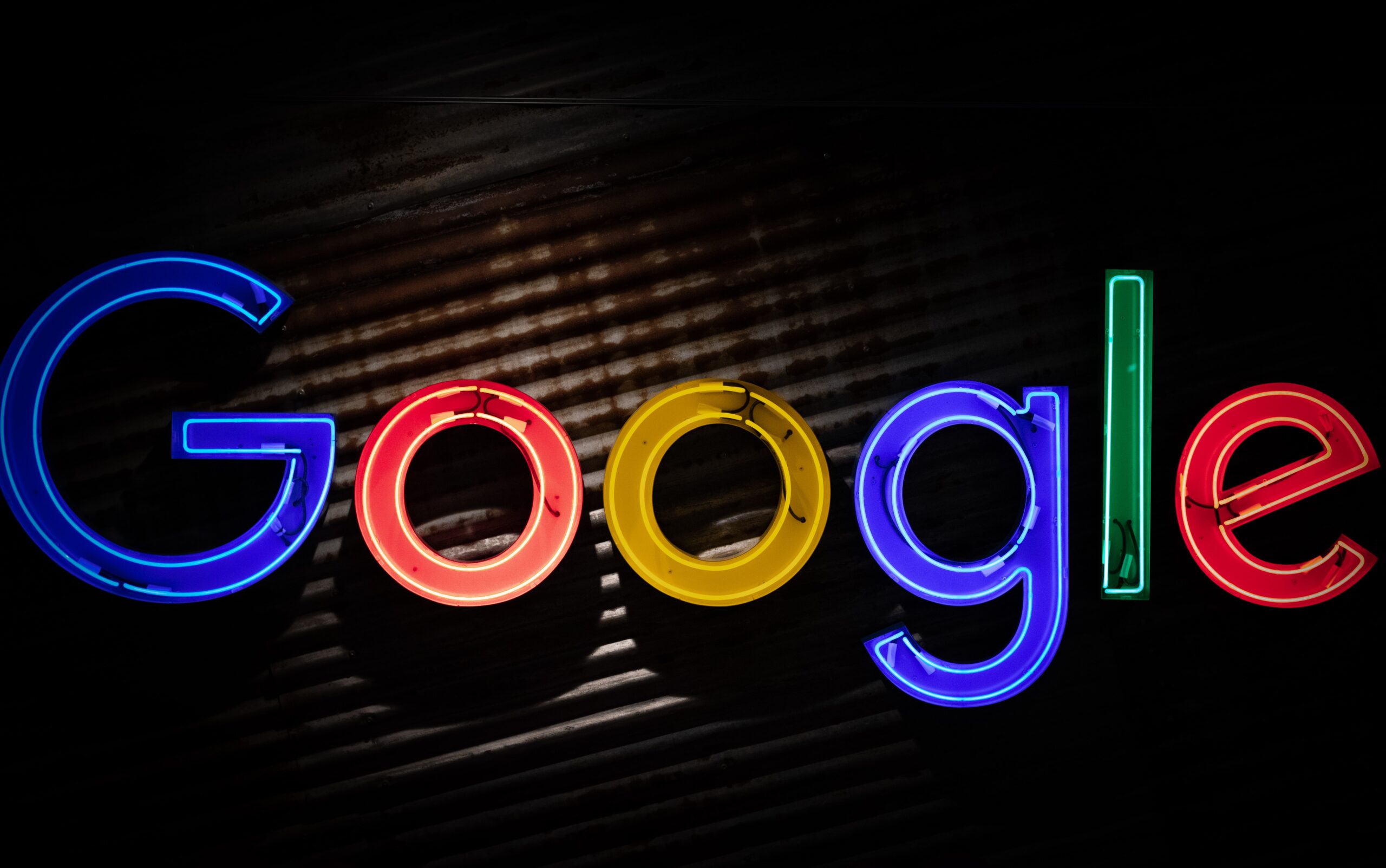

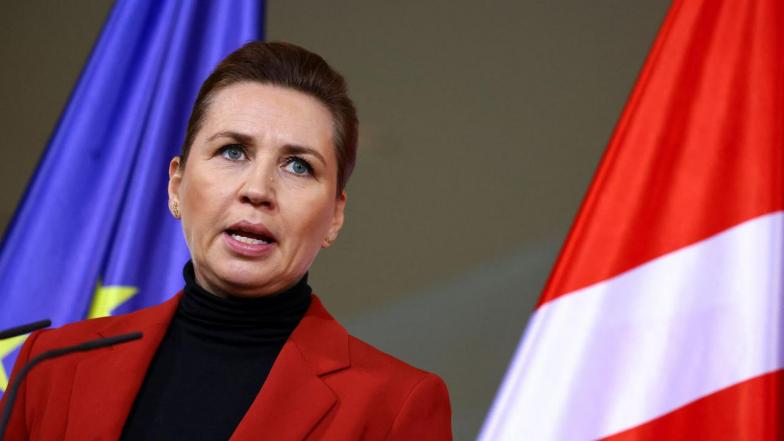
Got a Questions?
Find us on Socials or Contact us and we’ll get back to you as soon as possible.